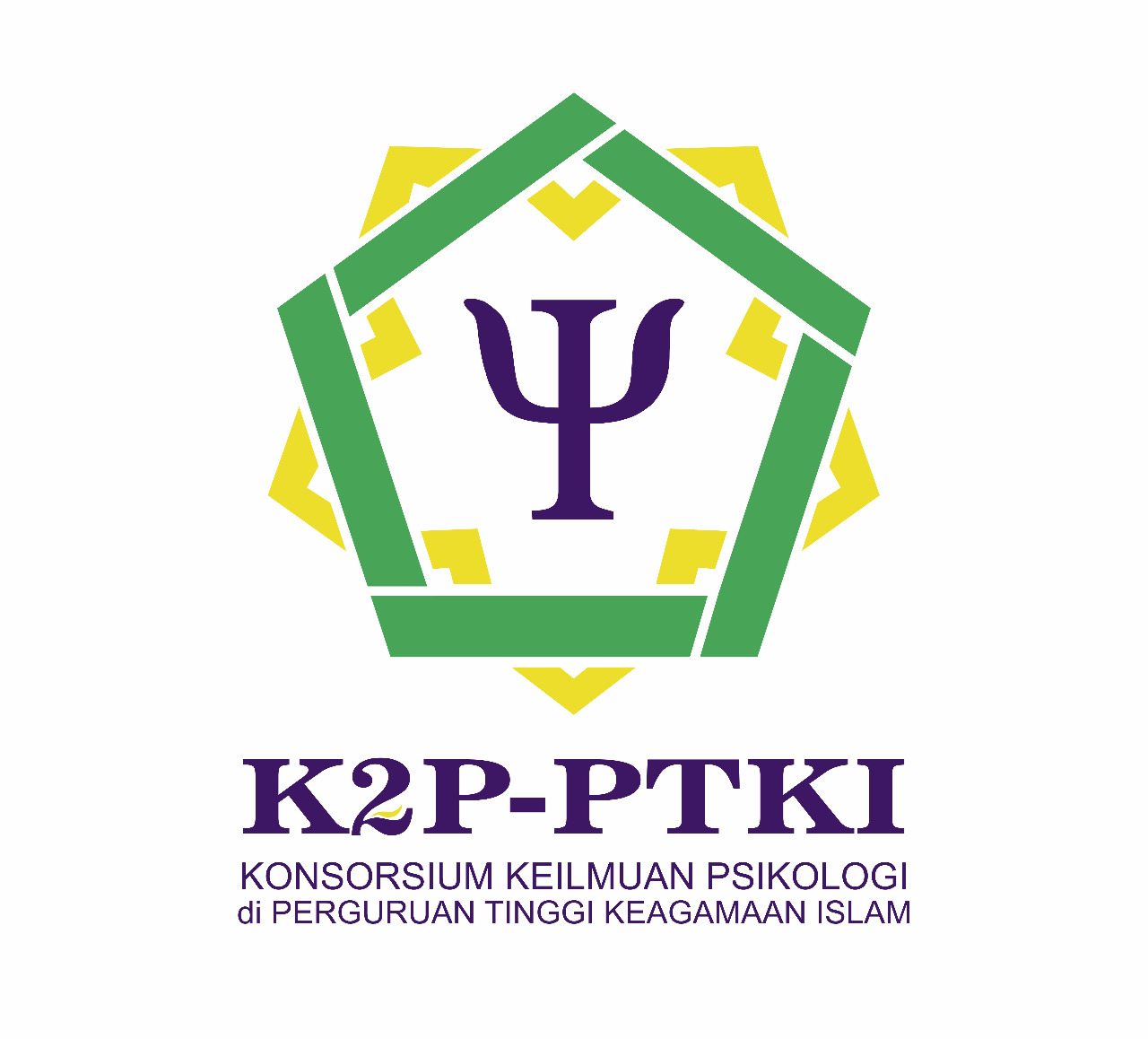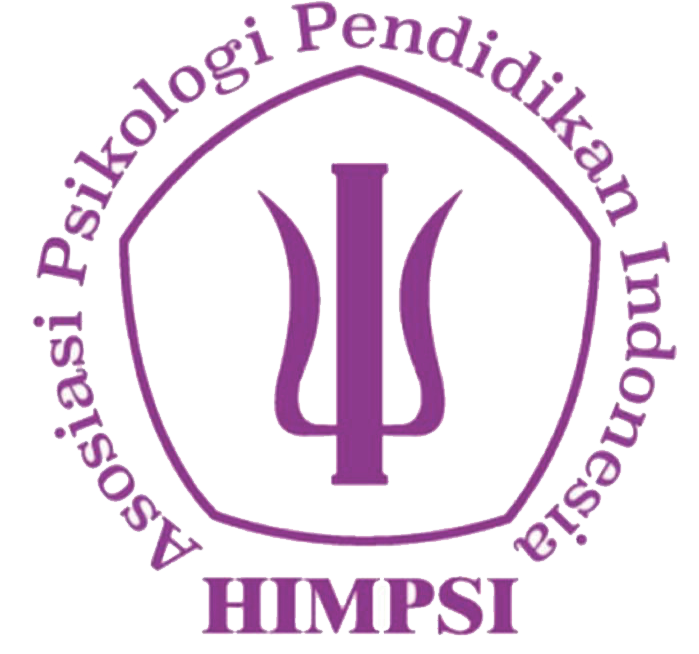Instrument validation of perceived organizational support (POS) indonesian version: A rasch model analysis
Abstract
Keywords
Full Text:
PDFReferences
Andrich, D. (1978). A rating formulation for ordered response categories. Psychometrika, 43(4), 561–573. https://doi.org/10.1007/BF02293814
Andrich, D., & Marais, I. (2019). A Course in Rasch Measurement Theory: Measuring in the Educational, Social and Health Sciences. Springer Singapore. https://doi.org/10.1007/978-981-13-7496-8
Bond, T. G., Yan, Z., & Heene, M. (2020). Applying the rasch model: Fundamental measurement in the human sciences. In Applying the Rasch Model: Fundamental Measurement in the Human Sciences (Fourth). Routledge/Taylor & Francis Group. https://doi.org/10.4324/9780429030499
Boone, W. J. (2016). Rasch analysis for instrument development: Why,when,and how? In CBE Life Sciences Education (Vol. 15, Issue 4). https://doi.org/10.1187/cbe.16-04-0148
DeConinck, J. B. (2010). The effect of organizational justice, perceived organizational support, and perceived supervisor support on marketing employees’ level of trust. Journal of Business Research, 63(12), 1349–1355. https://doi.org/10.1016/j.jbusres.2010.01.003
Eisenberger, R., Huntington, R., Hutchison, S., & Sowa, D. (1986). Perceived Organizational Support. Journal of Applied Psychology, 71(3), 500–507. https://doi.org/10.1037/0021-9010.71.3.500
Fischer, G. H. (1987). Applying the principles of specific objectivity and of generalizability to the measurement of change. Psychometrika, 52(4), 565–587. https://doi.org/10.1007/BF02294820
Fisher, W. P. (2007). Rating Scale Instrument Quality Criteria. Rasch Measurement Transactions, 21(1), 1095.
George, J. M., Reed, T. F., Ballard, K. A., Colin, J., & Fielding, J. (1993). Contact With AIDS Patients as a Source of Work-Related Distress: Effects of Organizational and Social Support. Academy of Management Journal, 36(1), 157–171. https://doi.org/10.5465/256516
Gyekye, S. A., & Salminen, S. (2009). Perceived organizational support: An African perspective. Journal of Applied Social Psychology, 39(11), 2651–2668. https://doi.org/10.1111/j.1559-1816.2009.00542.x
Hayat, B. (2022). Adjustment for guessing in a basic statistics test for Indonesian undergraduate psychology students using the rasch model. Cogent Education, 9(1), 2059044. https://doi.org/10.1080/2331186X.2022.2059044
Heinze, K. L., & Heinze, J. E. (2020). Individual innovation adoption and the role of organizational culture. Review of Managerial Science, 14(3), 561–586. https://doi.org/10.1007/s11846-018-0300-5
Hu, C., Wang, S., Yang, C. C., & Wu, T. Y. (2014). When mentors feel supported: Relationships with mentoring functions and protégés’ perceived organizational support. Journal of Organizational Behavior, 35(1), 22–37. https://doi.org/10.1002/job.1851
Hutchison, P., & Abrams, D. (2003). Ingroup identification moderates stereotype change in reaction to ingroup deviance. European Journal of Social Psychology, 33(4), 497–506. https://doi.org/10.1002/ejsp.157
Jum C. Nunnally, J. C. . N. (1978). Psychometric Theory. McGraw-Hill.
Kim, S., & Kyllonen, P. C. (2006). Rasch Rating Scale Modeling of Data From the Standardized Letter of Recommendation. In ETS Research Report Series (Vol. 2006, Issue 2). https://doi.org/10.1002/j.2333-8504.2006.tb02038.x
Kose, M. A. (2016). Comments on “Pareto weights as wedges in two-country models” by D. Backus, C. Coleman, A. Ferriere and S. Lyon. Journal of Economic Dynamics and Control, 72, 111–114. https://doi.org/10.1016/j.jedc.2016.05.001
Lee, J., & Peccei, R. (2011). Discriminant validity and interaction between perceived organizational support and perceptions of organizational politics: A temporal analysis. Journal of Occupational and Organizational Psychology, 84(4), 686–702. https://doi.org/10.1348/096317910X511197
Linacre, J. M. (1998). Detecting multidimensionality: which residual data-type works best? Journal of Outcome Measurement, 2(3), 266–283.
Linacre, J. M. (2012). A User’s Guide to WINSTEPS MINISTEP: Rasch-Model Computer Programs. In Winsteps. Mesa Press. http://219.129.216.187:8083/demodownload/Winsteps User Manual.pdf
Mair, P. (2018). Modern Psychometrics With R. In Technometrics (Vol. 62, Issue 1). Springer International Publishing. https://doi.org/10.1080/00401706.2019.1708675
Masters, G. N. (1982). A rasch model for partial credit scoring. Psychometrika, 47(2), 149–174. https://doi.org/10.1007/BF02296272
Park, Y., Lim, D. H., Kim, W., & Kang, H. (2020). Organizational support and adaptive performance: The revolving structural relationships between job crafting, work engagement, and adaptive performance. Sustainability (Switzerland), 12(12), 4872. https://doi.org/10.3390/SU12124872
Putra, M. D. K. (2015). Uji Validitas Konstruk The Social Provisions Scale. Jurnal Pengukuran Psikologi Dan Pendidikan Indonesia, 4(4), 1–18. https://journal.uinjkt.ac.id/index.php/jp3i/article/view/9310
Putra, M. D. K., & Retnawati, H. (2020). Rasch Analysis of an Indonesian version of the General Self-Efficacy Scale-12: A Comparison of Rating Scale Model (RSM) and Partial Credit Model (PCM). Indonesian Journal of Educational Assesment, 3(1), 52. https://doi.org/10.26499/ijea.v3i1.55
Rahayu, W., Putra, M. D. K., Iriyadi, D., Rahmawati, Y., & Koul, R. B. (2020). A Rasch and factor analysis of an Indonesian version of the Student Perception of Opportunity Competence Development (SPOCD) questionnaire. Cogent Education, 7(1), 1721633. https://doi.org/10.1080/2331186X.2020.1721633
Rhoades, L., & Eisenberger, R. (2002). Perceived organizational support: A review of the literature. Journal of Applied Psychology, 87(4), 698–714. https://doi.org/10.1037/0021-9010.87.4.698
Saggino, A., Molinengo, G., Rogier, G., Garofalo, C., Loera, B., Tommasi, M., & Velotti, P. (2020). Improving the psychometric properties of the dissociative experiences scale (DES-II): A Rasch validation study. BMC Psychiatry, 20(1), 8. https://doi.org/10.1186/s12888-019-2417-8
Smith, R. M. (2003). Rasch measurement models: Interpreting WINSTEPS and FACETS output. JAM Press.
Worley, J., Fuqua, D., & Hellman, C. (2009). The Survey of Perceived Organizational Support: Which Measure Should We Use? South African Journal of Industrial Psychology, 35. https://doi.org/10.4102/sajip.v35i1.754
Wright, B. D. (1996). Local dependency, correlations and principal components. Rasch Measurement Transactions, 10(3), 509–511. http://www.rasch.org/rmt/rmt103b.htm
Wright, B. D., & Masters, G. N. (1982). Rating Scale Analysis. In Advances in Measurement in Educational Research and Assessment. Mesa Press. https://doi.org/10.1016/b978-008043348-6/50008-5
Yen, W. M. (1984). Effects of Local Item Dependence on the Fit and Equating Performance of the Three-Parameter Logistic Model. Applied Psychological Measurement, 8(2), 125–145. https://doi.org/10.1177/014662168400800201
DOI: https://doi.org/10.18860/psikoislamika.v19i2.15985

This work is licensed under a Creative Commons Attribution-NonCommercial-ShareAlike 4.0 International License.

------------------------------------------------------------------------------------------

pSIKOISLAMIKA by http://ejournal.uin-malang.ac.id/index.php/psiko is licensed under a Creative Commons Attribution-NonCommercial-ShareAlike 4.0 International License.


.jpg)


.jpg)





